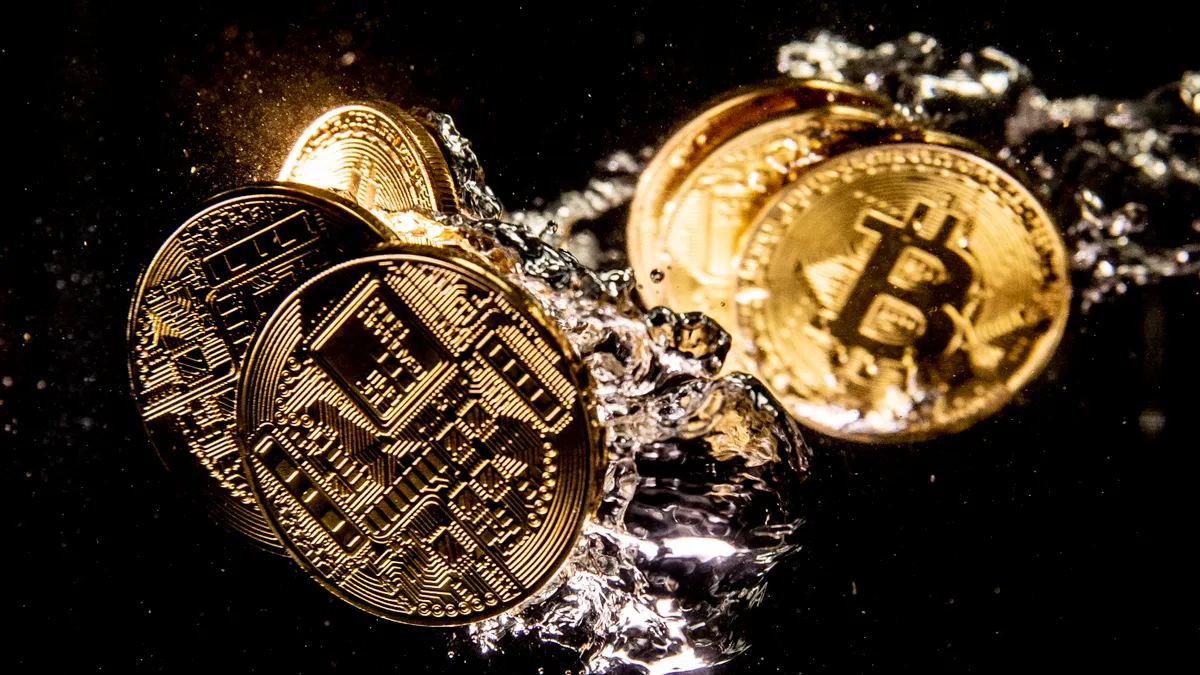Dive Brief:
-
Given that most students have heard about cryptocurrency online, through social media, and from friends, experts believe lessons about the alternative digital payment currencies belong in K-12 financial literacy courses.
-
Though cryptocurrency is volatile as an investment, schools should teach lessons on it so students can learn how to make their own decisions, said Yanely Espinal, an educator and director of educational outreach with Next Gen Personal Finance.
-
“Whether we teach it or not, they will hear about it,” Espinal said. “And rather than leave them susceptible to misinformation, we should educate them with facts.”
Dive Insight:
Meteorites, strips of leather and even cows have served as forms of currency throughout human history. Yet cryptocurrencies — which are ultimately bits of encrypted data — remain complicated for many to understand as an alternative to the paper bills and coins we typically use.
Connecting this form of money to other historic forms of exchange is one way Espinal suggests schools can help students understand the concept of cryptocurrency. It's a method that can be used with even the youngest of students.
“You can explore questions about what is money, and what has been money in different societies,” said Espinal. “Money can be something that isn’t a dollar bill. That’s just the form our country has chosen, and it could be tulips or shells or data stored on a computer.”
Cryptocurrency is already making its way into classrooms. Georgia has a new bill requiring students to take a personal finance course, with cryptocurrency among the topics covered, to receive their high school diploma, Espinal said. This is a direction a majority of parents appear to prefer as well, with an analysis by Bankless Times showing 64% wanting cryptocurrency lessons in schools.
Curriculum designers should be thoughtful on how to craft these lessons, especially with one of the biggest cryptocurrency exchanges, FTX, falling to bankruptcy in recent weeks and investors unable to withdraw holdings.
That event fuels Espinal’s reasons for why students should be learning about cryptocurrency even more. She believes pupils will be curious about this exchange medium whether they learn about it in school or not. But offering unbiased lessons grounded in facts will empower them to make their own financial decisions whether they hear about it from a social media influencer or their future investment advisor.
“They need to understand how this works and not that it’s great or terrible,” Espinal said. “We don’t want to teach them value judgments. We want them to feel empowered to be able to make their own judgment.”












